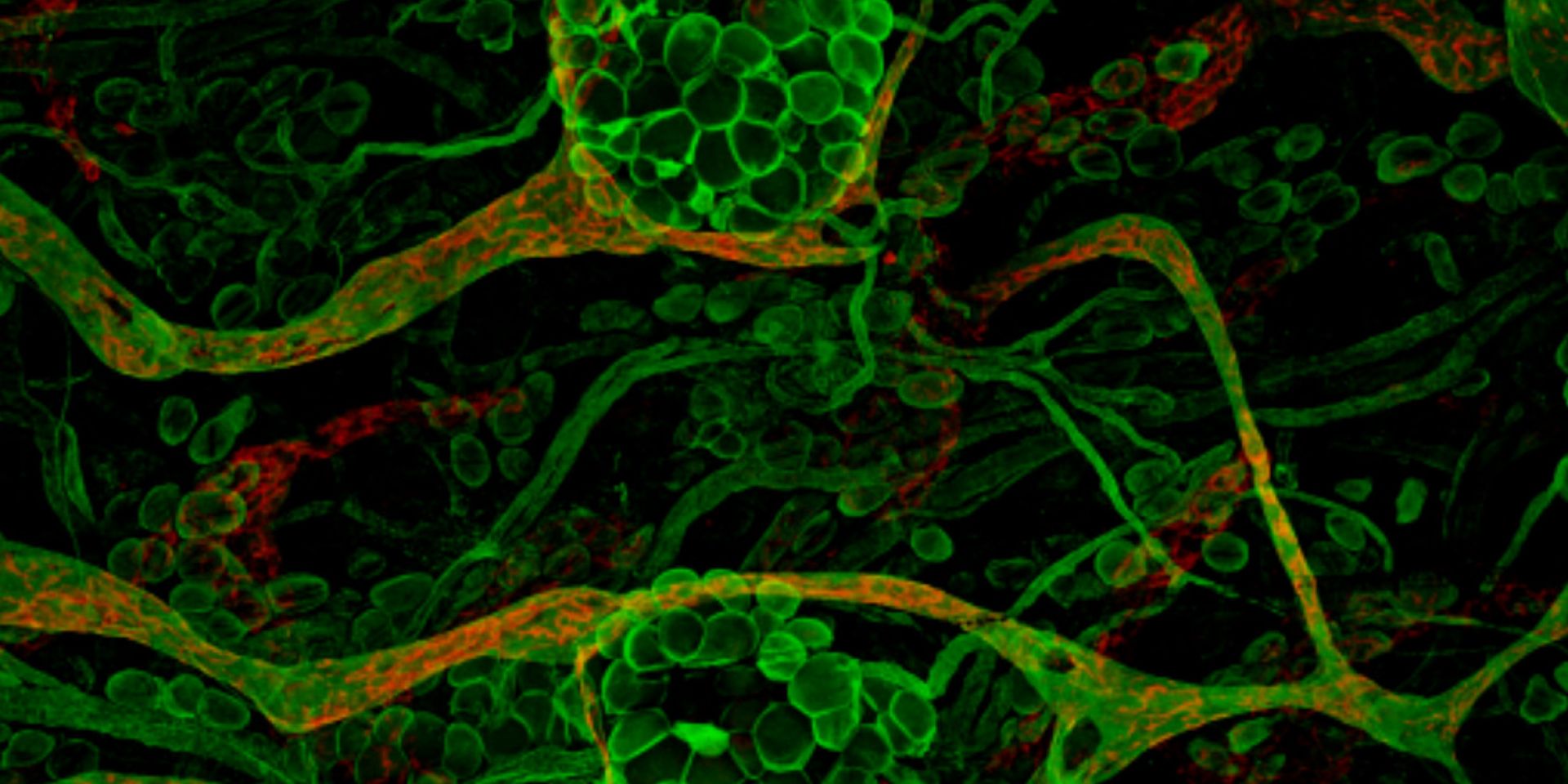|
 |
|
| |
|
Stem cells hold a great promise in terms of cell-based therapeutics and for understanding human development. The field of induced pluripotent stem cells (iPSCs) has unravelled a new era of stem cell research. Specifically, induced pluripotent stem (iPS) cells, provide an alternative to embryonic stem (ES) cells and a more realistic possibility to obtain a patient-based and continuous source of cells. However, several recent studies, as well as our own work, have indicated that iPS generation carries the potential of causing DNA damage within the reprogrammed cells. This presents major problems and concerns in terms of safety and stability of iPS cells, as a source for therapy. As part of my project, we are studying the effect of reprogramming on genomic DNA stability using high-resolution methods for detecting DNA damage, comparing the different methods of generating iPS cells and their effect on genomic DNA, and determining reliable conditions for generating safe iPS cells. We also plan to isolate the underlying cause of DNA damage to establish techniques in order to circumvent the occurrence of DNA damage. The project would provide the foundation for understanding the genomic stability of iPS cells, define important regions within the genome for maintaining DNA stability of these cells, and offer new insight on the safety and future use of these cells as a therapeutic model.
|
|











